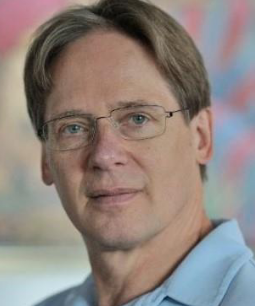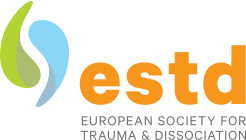
Enactive Trauma Therapy. Master ClassTherapists’ Contrary Longings and Strivings
The course lasts for 3 days from the 5th to the 7th of June 2024, and is held in historic surroundings in the Hanseatic Hotel in Bergen, Norway.
ESTD members receive a 10% discount – see details
For whom:
This course is for those that have completed the basic and advanced course with Ellert Nijenhuis or others on Enactive Trauma Therapy. The course will focus on how the therapists own longings and strivings affect the therapy process.
Description of the course:
We experience and know that we long for and strive to gain particular things. We preferably avoid or get rid of other things and lack interest in still other things. Useful things are those that maintain or increase our power of action. These include oxygen, nutrition, fine social and attachment relationships, feelings of security and accomplishment, and much more. Harmful things are those that damage or destroy our power of action, our useful internal relationships (such as those among vital organs and ideas) and external linkages (such as our significant social relationships). Insignificant ones are those that neither increase nor decrease our power of action. Therapists commonly long and strive to help others, to gain an income, to feel worthwhile and safe. They are effective inasmuch they have the power of action to achieve such desired results. The more they lack that power, the more ineffective they are. Therapists obviously cannot define the therapeutic endeavor one-sidedly.
Patients are guided by their own longings and include their power to strive for the satisfaction of these longings, thus co-define the therapeutic encounter. When therapists’ and patients’ longings match, they are well suited to collaborate and make sense together. However, this concordance is neither per se pre-given nor always achievable. Some of the therapists’ longings and strivings may be contrary to those of (some of their) patients. For example, therapist may wish to do their job but fear patients’ and their own intense affects, be they positive (dependency, love) or negative (hatred, mistrust, depreciation). Therapists may also wish to disregard or otherwise ignore patients’ painful life histories.
Furthermore, patients typically encompass contrary longings and strivings. They want to get rid of their symptoms and suffering but may also have longings that keep them from experiencing and doing
what it takes to achieve these ends. They may wish to cooperate with their therapist yet are too scared to trust him or her. A further complication can be that patients exist as a collection of dissociative agents. These agents may fear, are ashamed of or hate each other. They tend to entertain quite different relationships with the therapist. Some may really appreciate him or her. Others may despise the therapist, still others are disinterested or scared. Some of the therapists’ longings and strivings relate to the therapeutic situation as such. However, these features are oftentimes co-
determined by the therapist’s personality and life history and unresolved motivational conflicts. Therapists would better know, manage and integrate their various wills. But who achieves this ideal? Limitations in these regards are elicited the more therapists’ and patients’ longings and strivings are contrary, and the more intense the involved wills and implied affects are.
The present workshop involves an effort to bring therapists’ longings and strivings to light as well as to help therapists gain power to overcome conflicts of will.

Ellert R.S. Nijenhuis, Ph.D., is a psychologist, researcher and former psychotherapist. He engaged in the diagnosis and treatment of severely traumatized patients for more than three decades, and teaches and writes extensively on the themes of trauma-related dissociation and dissociative disorders.
He initiated and continues to be engaged in the biopsychological study of complex dissociative disorders. Together with his daughter, he runs the eAcademy on trauma and dissociation (www.enijenhuis.nl). His publications include the book Somatoform Dissociation (Norton, New York).
With Onno van der Hart and Kathy Steele he co-authored the book The Haunted Self: Structural Dissociation and the Treatment of Chronic Traumatization (Norton, New York). The first two volumes of
Nijenhuis’ trilogy The Trinity of Trauma: Ignorance, Fragility, and Control (Vandenhoeck & Ruprecht, Göttingen) appeared in 2015. The third volume, Enactive Trauma Therapy, was released in april 2017.
Nijenhuis has been one of the founders of the ESTD. The International Society for the Study of Trauma and Dissociation granted him several awards, including the Lifetime Achievement Award.
